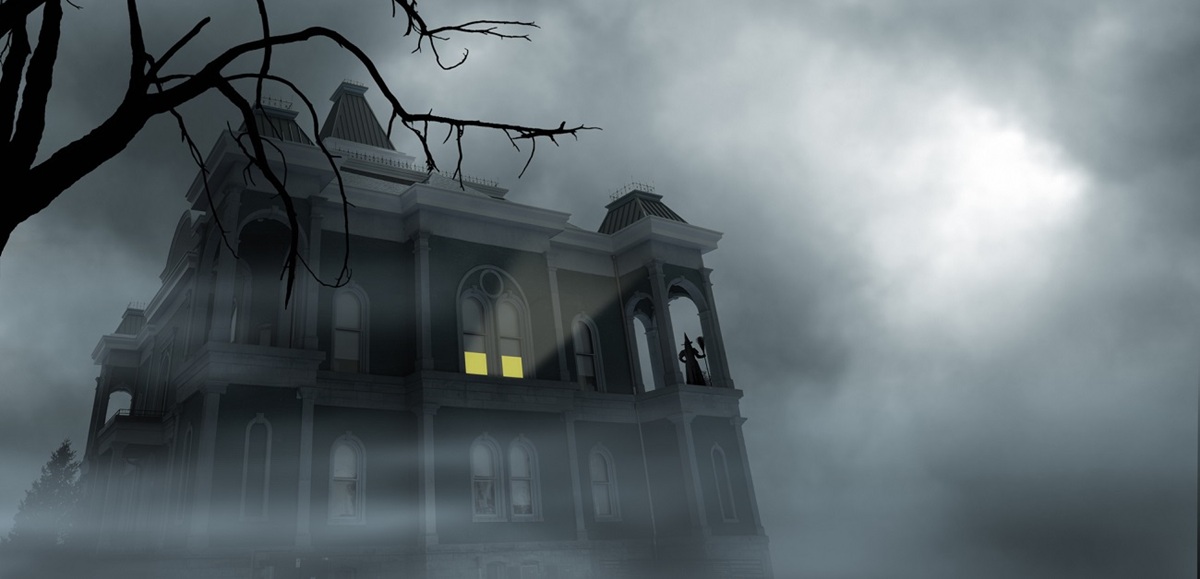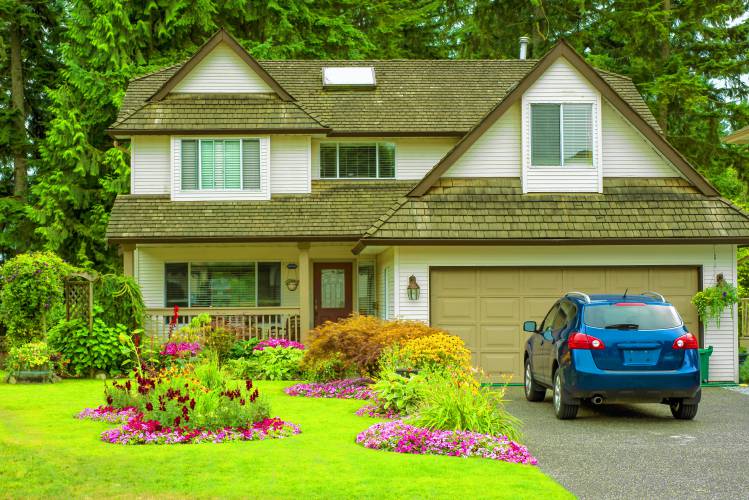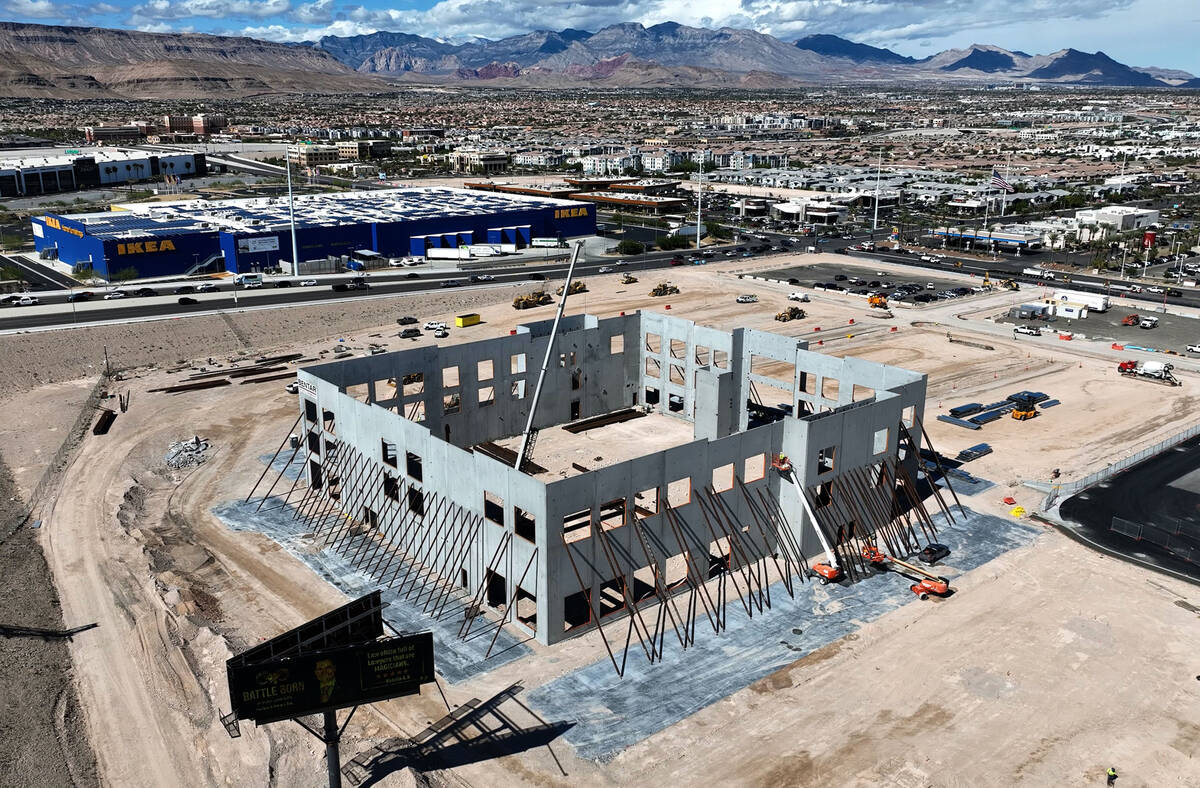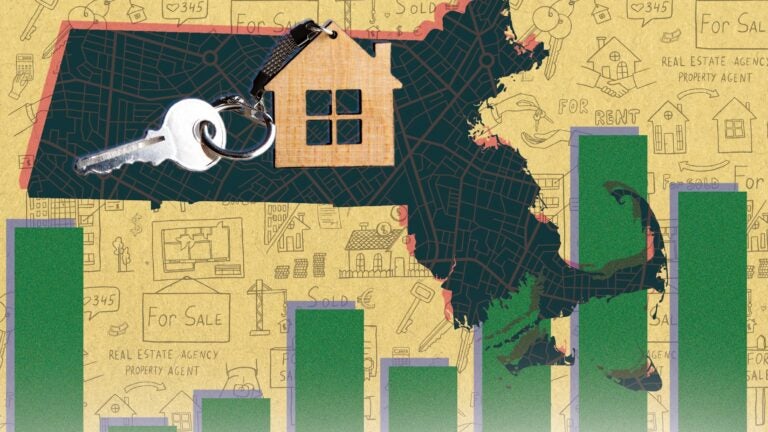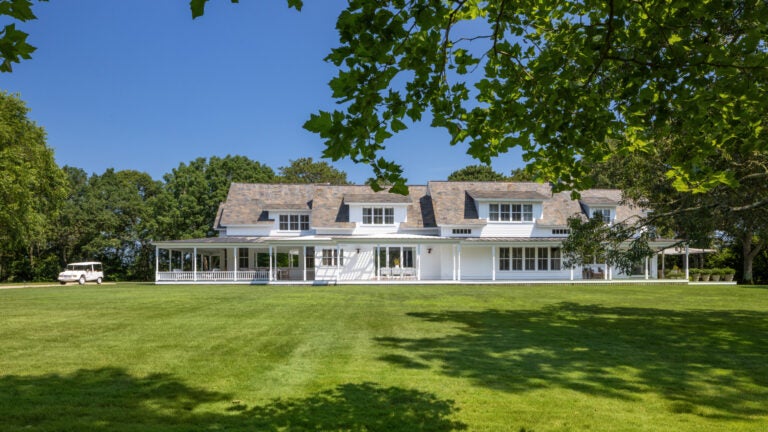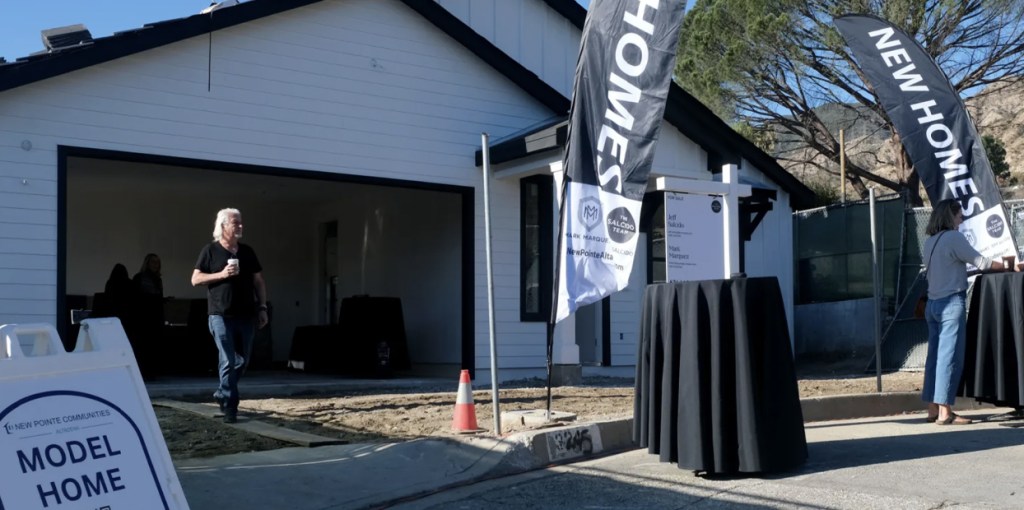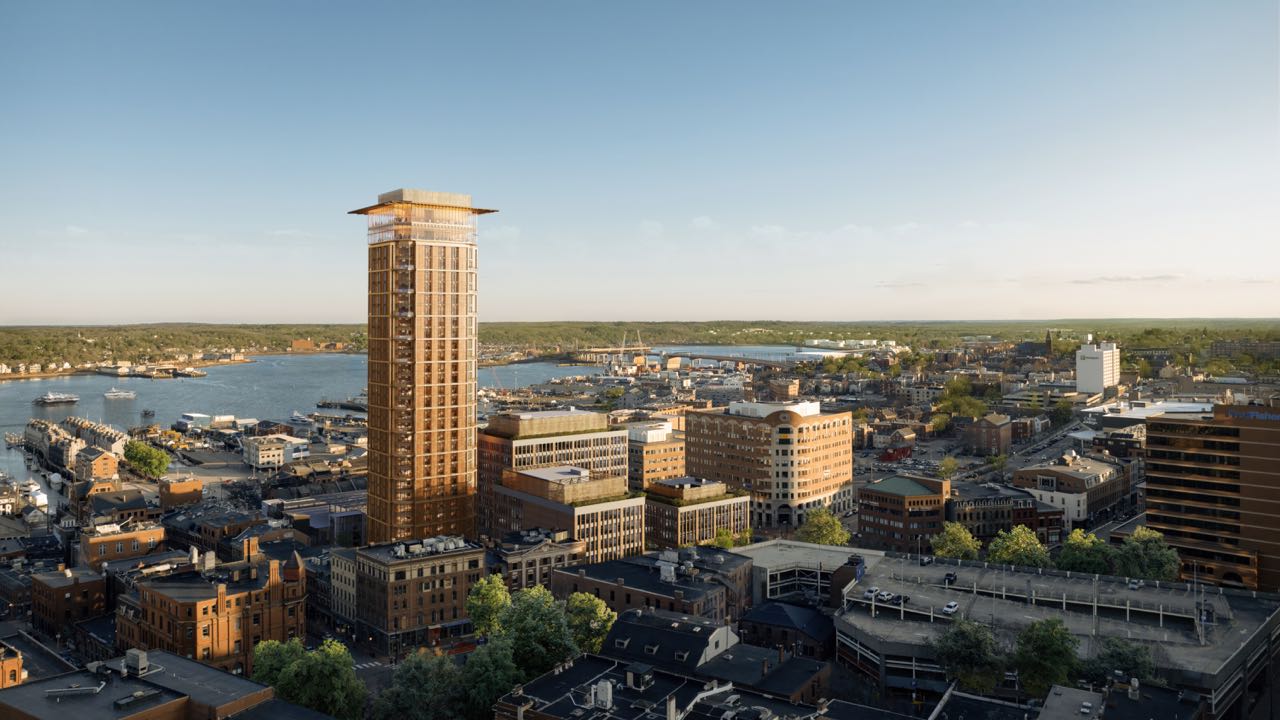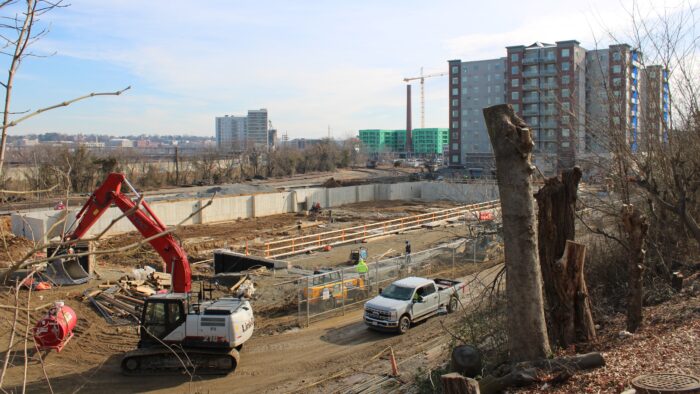M
any buyers admit they’re willing to purchase a house that feels haunted—creaky floors, groaning pipes, even faint whispers—if the price is right. A new Clever Real Estate survey found that more than half of respondents would take the risk, but about one‑third insist on a minimum $50,000 discount from the asking price.
Real‑estate agents, however, often sense a chill when they walk through certain homes. “I’ve seen so many houses that just feel off,” says Kourtney Pulitzer of Sotheby’s International Realty in Palm Beach, Fla. “There’s an energy that’s hard to ignore.” Kati Spaniak of eXp Realty in Chicago agrees, noting that a house can carry the residue of past trauma, such as a divorce or other distressing events.
Despite the supernatural allure, most buyers are more frightened by practical problems. “Mold and structural issues scare me more than ghosts,” says Mary Harmon Young, broker‑owner of Mary Harmon & Co. in Tuscaloosa, Ala. She recalls a terrifying discovery: a “black, hairy vine” of cellar fungus that covered an entire floor, forcing her and her clients to walk away. About half of 2,000 Americans surveyed by LendingTree said they’d rather live in a haunted house than deal with mold, 41% would choose spooky vibes over bad neighbors, and 39% would accept ghosts over structural problems.
Pulitzer advises buyers in Florida to get an air‑quality test, warning that mold is rampant and can be remedied only if it’s identified early. Agents say the biggest fears for buyers are unexpected ownership costs and high interest rates—more than any supernatural concern. The Clever survey also revealed that buyers would prefer hauntings over frequent break‑ins, lack of internet, constant construction, or poor cell reception.
About one in five homeowners who claim to have lived with ghosts report that the experience isn’t all bad. While they deal with strange noises, cold spots, and eerie shadows, 30% say cohabiting with spirits is preferable to struggling to afford a new home. Yet when it comes time to sell, 68% of these owners admit they would not disclose paranormal activity to potential buyers. Only four states—New York, New Jersey, Massachusetts, and Minnesota—mandate disclosure of hauntings, according to Clever. In other states, buyers must investigate on their own.
Despite the lack of legal requirement, 73% of Americans believe sellers should be compelled to reveal any paranormal activity before closing. Matt Schulz, LendingTree’s chief consumer finance analyst, notes that buyers want a clean slate: “They want to know about termites, wiring, or water damage, but being haunted is a different matter. It’s not something you can fix with a contractor.”
In short, while a haunted house may still attract buyers—especially if the price is lowered—most are more concerned with hidden repairs, mold, and other tangible risks. The desire for transparency about supernatural claims is growing, yet disclosure laws remain limited, leaving many buyers to rely on their own investigations.
